Good afternoon — and happy City Day to the Maputenses among you. It is 136 years since Mozambique’s current capital was granted the status of city. Residents of the city have a public holiday today — which Zitamar does not observe, but we are meeting it half way and combining today’s Daily Briefing with the Weekly Review, which follows below.
Renamo is taking advantage of the day to organise another of its ‘victory marches’ in Maputo. Some of the enthusiasm of the early post-election period seems to have disappeared from the marches now, which is to be expected; but if and when the results in favour of Frelimo are finally confirmed, it could come back again.
The week in Zitamar News:
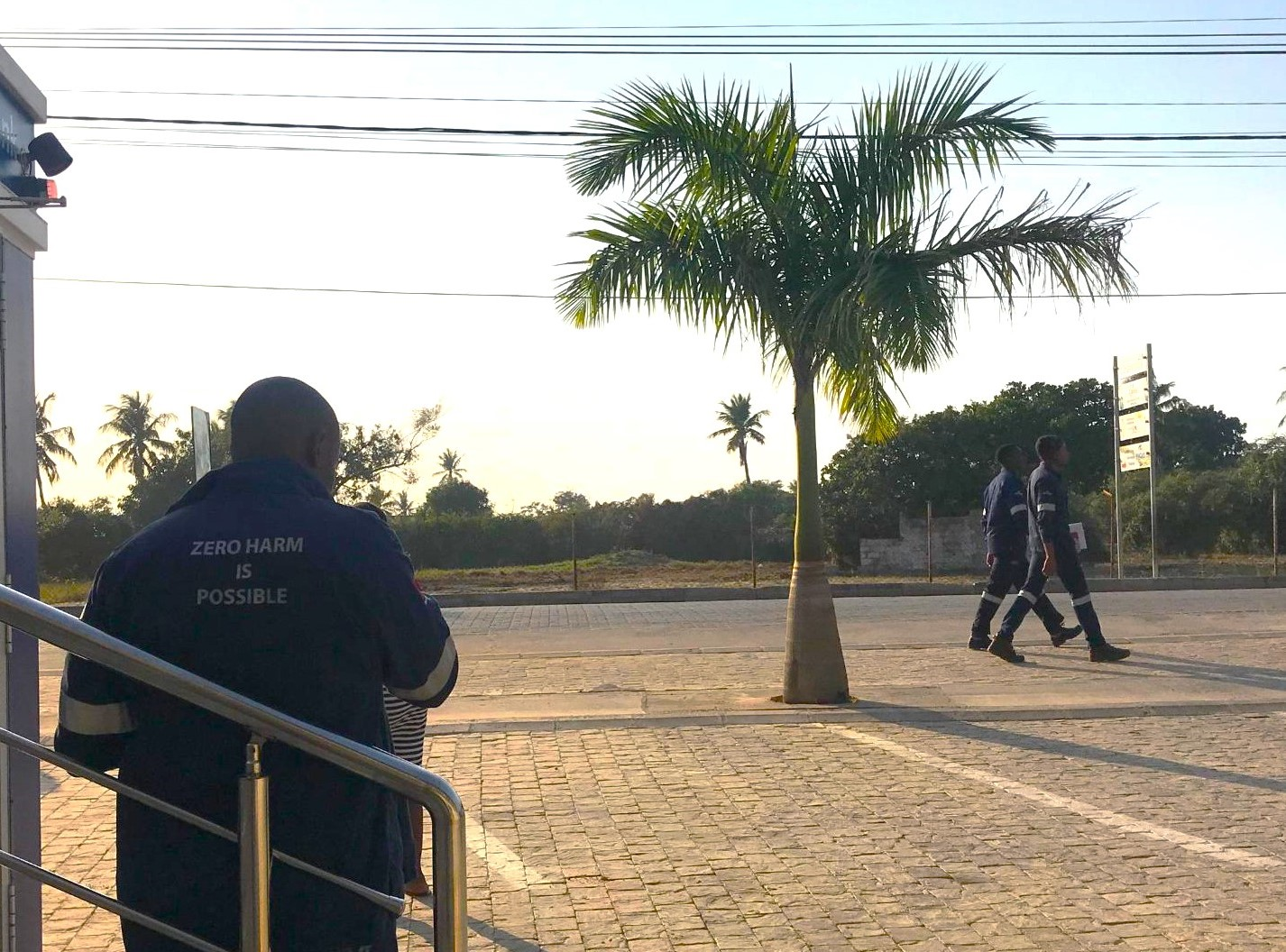

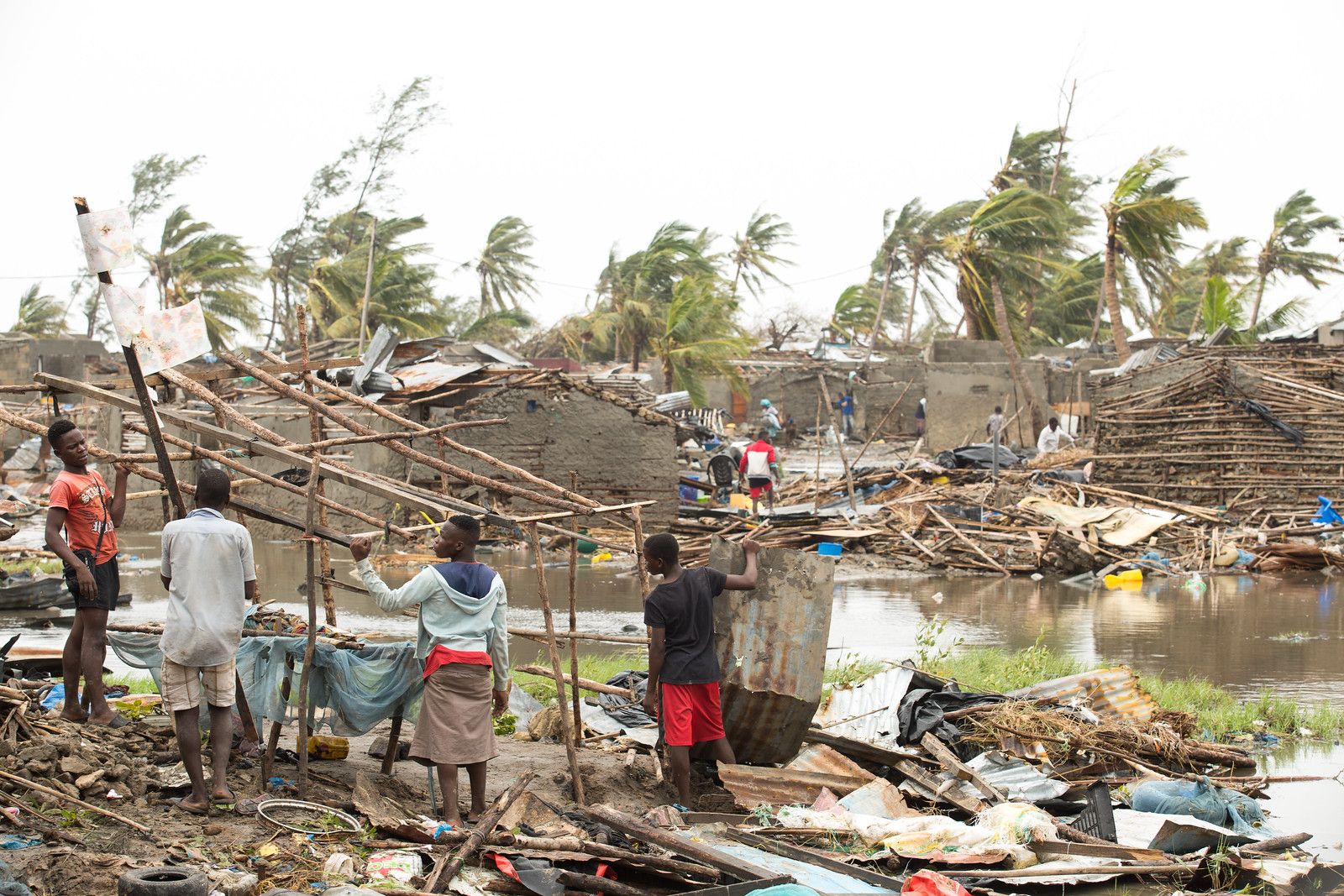

From the Zitamar Live Blog:




Weekly newspaper Savana today leads with a long interview with Lourenço do Rosário, a very high profile academic who used to be a member of Renamo. One of the things he says is that Renamo should think about a change in leadership — and that the young mayoral candidates Manuel de Araújo, in Quelimane, and Venancio Mondlane in Maputo, should be in the frame. “They are very charismatic”, says do Rosário.
That much is true, particularly in comparison with the current leader, Ossufo Momade. But Momade has other things going for him — in particular that he is a member of the biggest ethnic group in Mozambique, the Makua, which has never been close to power in the country. He also better represents the conservative, rural heart of Renamo.
Nevertheless, as an individual it is generally accepted that he is a poor candidate. Renamo should be, and probably is, considering its options. Those options might even include entering into a formal coalition with other opposition parties. Either way, Frelimo hasn’t chosen its candidate for next year yet, so it’s not too late for Renamo either.
Have a great weekend.
💥 Conflict updates:
- At least three people were killed and 14 houses were burned in an attack on the village of Novo Cabo Delgado in Macomia district, Cabo Delgado this morning. Security forces were unable to intervene at first due to the risk of ambush
Today’s headlines
- Indian pulses association urges government to cancel pigeon peas agreement with Mozambique (The Economic Times)
- Saudi Arabia to provide $150m for infrastructure in Mozambique (Lusa)
Indian pulses association urges government to cancel pigeon peas agreement with Mozambique (The Economic Times)
The Indian Pulses and Grains Association (IPGA) is urging the Indian government to cancel the memorandum of understanding with Mozambique, under which India is supposed to import 200,000 tonnes of pigeon peas annually until 2025-26. IPGA claims that a key Mozambican exporter is monopolising pigeon peas shipments to India, causing price increases and hindering other exporters.
The end of this deal, which was first brought in in 2016, would be a tragedy for Mozambican farmers who have been growing pigeon peas — and for the company ETG which has invested heavily in processing capacity. As Zitamar has reported, and as the Indian media now seem to be realising, the hold-ups in exporting are due to certain politically-connected interests who want to retain control of who can and cannot export to India.The Mozambican government’s failure to get a handle on the issue and free up the exports is truly shameful.
Saudi Arabia to provide $150m for infrastructure in Mozambique (Lusa)
The Saudi Fund for Development is to provide $150m to build infrastructure projects in Mozambique. The funds will be allocated to three projects, namely rehabilitating a section of the N1 highway, constructing and equipping five hospitals, and building a dam in Cabo Delgado. The concessional loan has a 1.5% interest rate, and a 25-year repayment period.
Another aspect being quietly pursued in Saudi Arabia is to persuade religious and economic groups to not support IS-inspired violence in Cabo Delgado, something the Mozambican government suspects is happening.
Week in Review
Monday
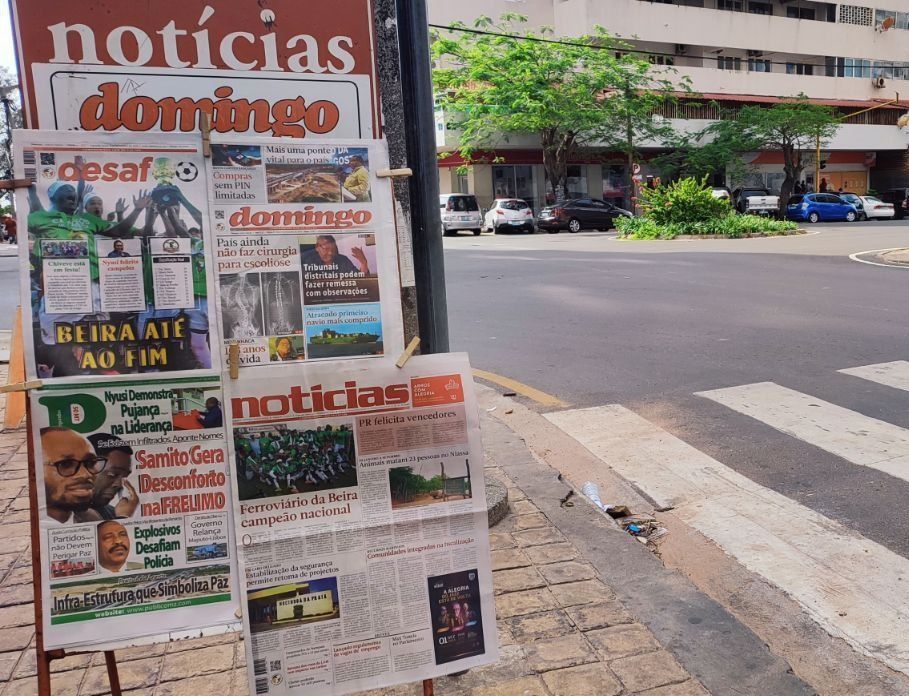
Aside from the successes claimed for the campaign, the agriculture sector this year has been marred by the scandal plaguing the export of pigeon peas to India, the dominant customer for this particular crop. Warehouses full of lentils valued at $200m are being kept hostage in an underground war, where the main roles are being played by customs, courts and corrupt Frelimo officials expecting to gain kickbacks from the export operations.
No country can proclaim success in its agriculture operations when an important part of its production cycle has been infected by cartel effects which are benefiting a few to the ruin of others. At the end of the day, peasant farmers will pay the price.
Tuesday
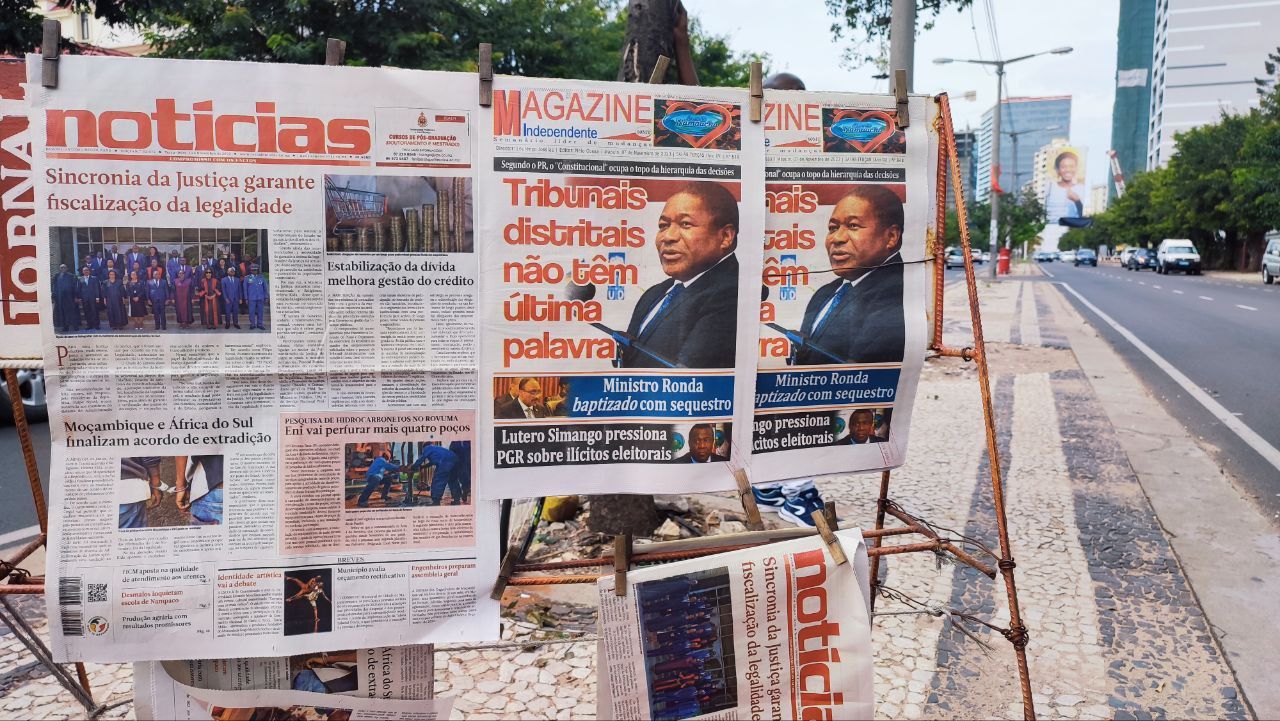
Graça Machel concludes by encouraging Frelimo to accept its defeats as well as its victories, an apparent reference to the strongly contested claim that Frelimo won 64 out of 65 municipalities in elections last month.
The decision over whether those results are upheld lies with the Constitutional Council — an institution which celebrated its 20th anniversary yesterday. At the commemorations, president Filipe Nyusi emphasised the need for it to be guided by truth and honesty. Was that also a call for Frelimo to accept where it has lost? We shouldn’t have too long to wait to find out if that’s what the Constitutional Council does; and if that helps prevent a schism in the ‘partidão’.
Wednesday
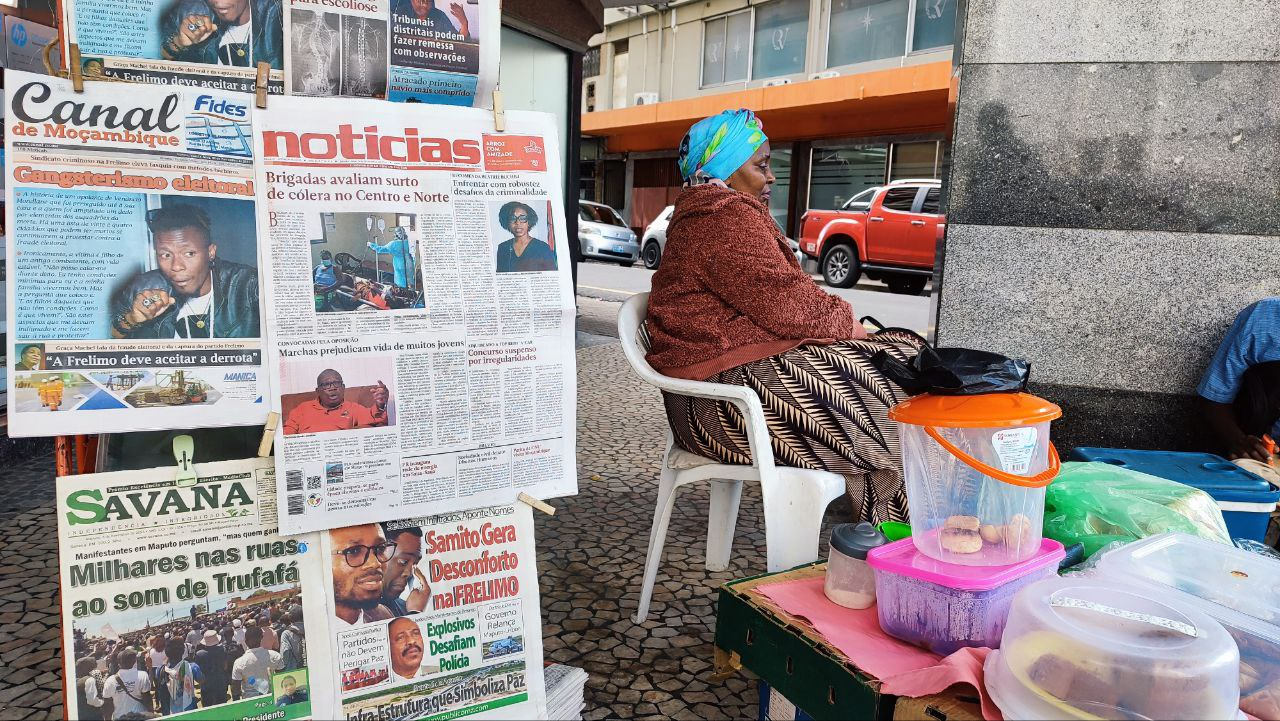
Sasol’s project in the north of Inhambane province was one of the first major foreign investments in Mozambique after the end of the civil war in 1992. As such it was made when Mozambique was in a very weak negotiating position. Sasol has been repeatedly criticised, by Mozambican civil society and, less publicly, by the government; of late, the nature of the relationship has changed, and to be fair to the company, it is now making significant investments in local projects to generate power and to produce cooking gas. Relations with the local community are also improving.
In some ways it’s been a dress rehearsal for how Mozambique is going to manage the far greater gas wealth that has been discovered in the Rovuma Basin. As we also report today, sales revenues from the first LNG project there, the floating Coral South liquefaction plant, have now passed $1 billion in the less than 12 months that it has been operating.
Thursday
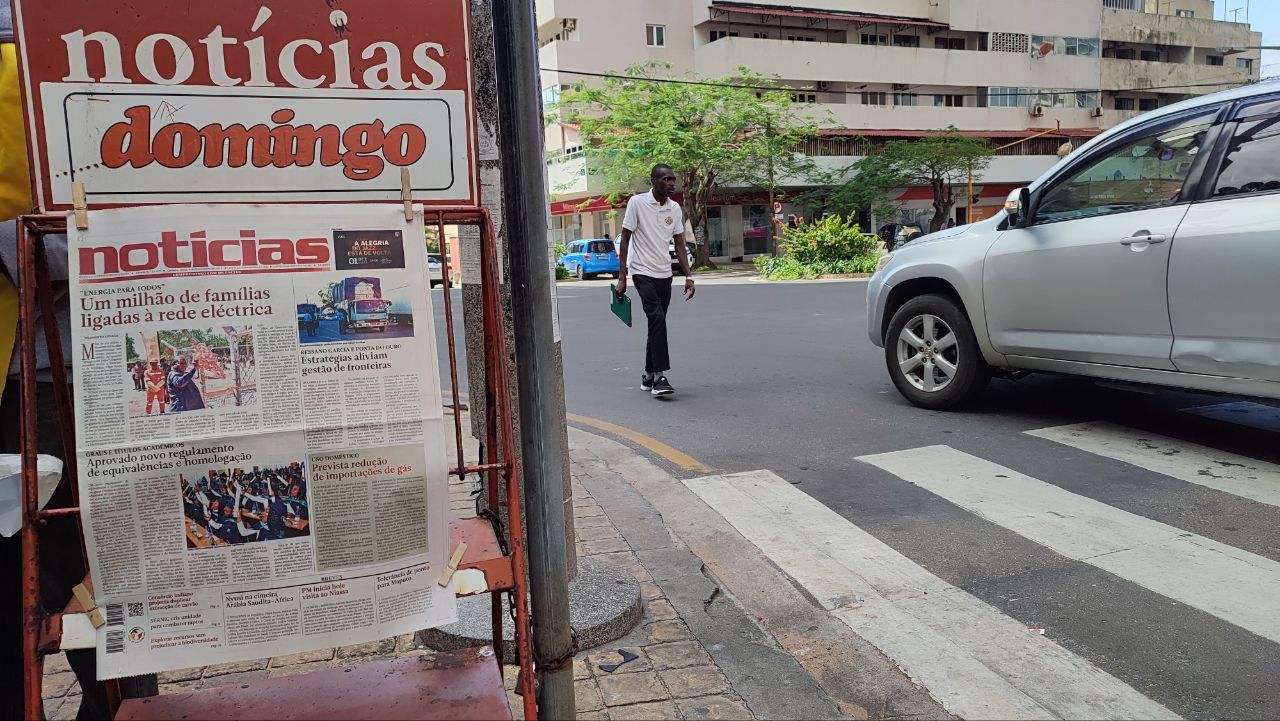
The suggestions Vuma made today for how the government and central bank can help private business chime with the attitude that Zitamar has been consistently calling for: more monetary space for private business to breathe, for the government to pay its debts to private businesses, and, of course, for pigeon pea exports to be unblocked.
Arguing that Mozambique should worry less about inflation, when the population at large has endured a major hike in the cost of living over the last two years and the central bank has only now apparently got inflation back under control, will not be popular. But restricting the money supply to suppress inflation at any cost is not the right strategy. Mozambique’s economy needs to be allowed to grow; one aspect of that will be to allow credit and money growth to keep pace.








